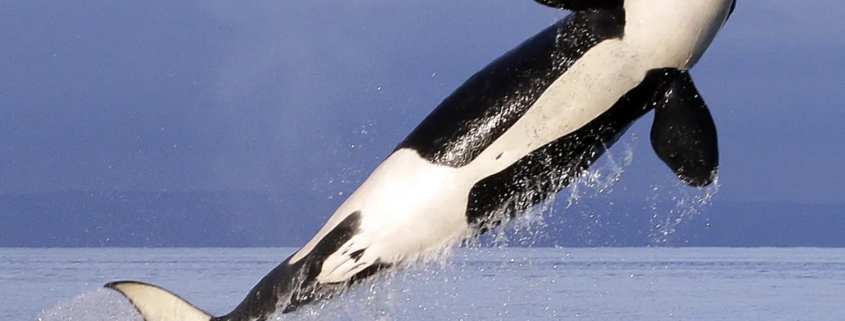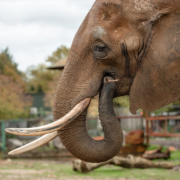Orcas
Orcas sinking boats: annoyed or just playing?

Orcas are known for two things: being very intelligent and being very ruthless.
Last month, new incidents with orcas led to the sinking of a sailing boat just off Costa de Caparica (Lisbon) and damaging boats in Cascais Bay. It is the third boat sinking after confrontations with orcas

The first boat to sink in Portuguese waters was a sailing boat of a French family off the coast near Sines in 2022. Later that same year, another boat involving orcas sank off the coast of Viana do Castelo (Northern Portugal).

Violent interactions with killer whales on the Portuguese coast started around the time of Covid. In September 2021, a sailing boat off the coast of Faro and two more boats between Lagos and Sagres (Algarve) were heavily damaged. And only very recently, five crewmembers had to be rescued from the sea after their vessel lost its rudder following an orca attack off Peniche (Leiria district).

It looks like encounters between sailboats and orcas are becoming increasingly frequent. Since the beginning of this year, about 60 interactions have been recorded, six of them in the last two weeks of September.

This particular group of Iberian orcas is labelled ‘the killer whales of the Strait of Gibraltar’, although they regularly travel along the Atlantic coast, up to the Bay of Biscay (France), and back again. It is a group largely made up of juveniles hitting the hull and the rudder, which usually continues for around twenty minutes.

Although known as killer whales, orcas are not whales. The species Orcinus orca is part of the dolphin family and can measure up to eight metres. This behaviour of ramming vessels probably started with individual orcas, but seems to have spread through social learning.

The Orcinus orca subpopulation – not reaching half a hundred animals – was in 2019 classified as Critically Endangered on the ICNF (International Union for Conservation of Nature) Red List of threatened species.

The reason for the ‘disruptive behaviour’ of the orcas is unclear. According to ICNF biologist Élio Vicente orcas see the ‘rudders as toys. It’s a mobile, it makes noise, and it attracks curiosity. It is not a negative behaviour from their point of view.’ Researcher Rui Rosa emphasises that the people on board never seem to be targeted. ‘The risk around orcas is more of a navigation concern than a direct danger to human life.’

The recurrence of these episodes is already generating economic impact. Fernando Sá, owner of a nautical school in the Lisbon area – explains that he has stopped authorizing tours to the Tagus river mouth for fear of new incidents.
‘The orcas might look at it as a joke, for the people on board it is not.’
Enjoy the week Aproveite a semana (pic Lusa/Público)




